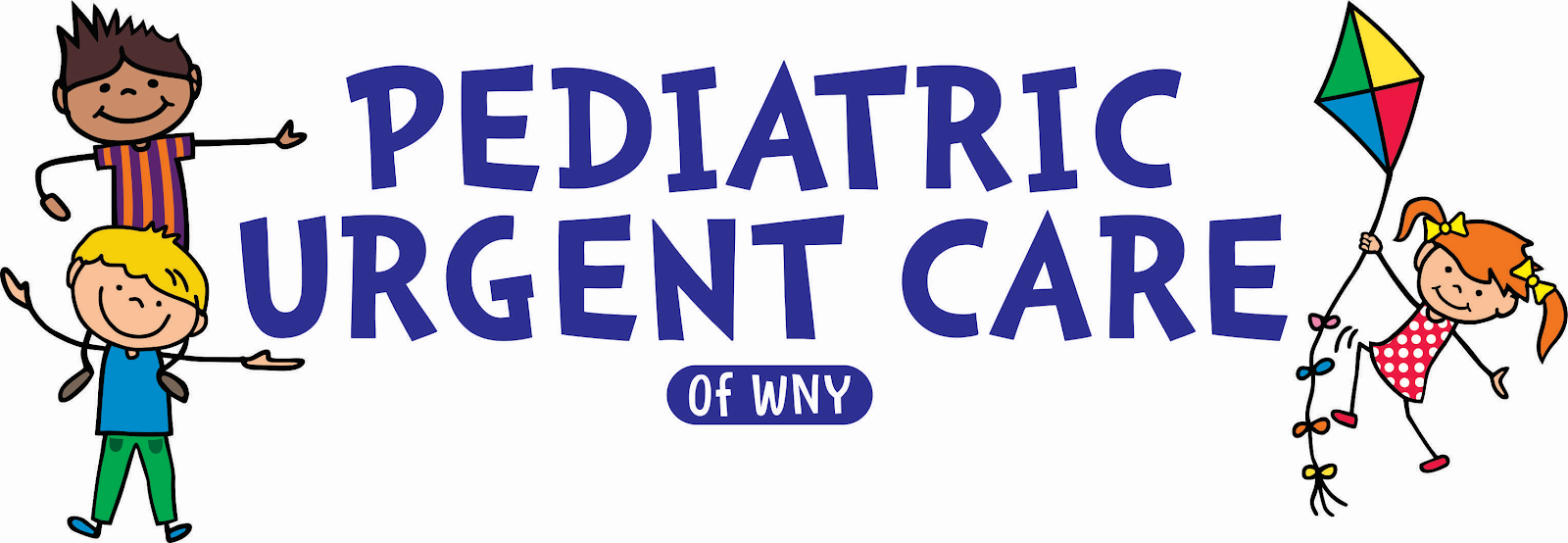Nut Allergy
How to Handle a Nut Allergy
What Causes Nut Allergies?
In simple terms, a nut allergy is caused by a person’s immune system overreacting to the presence of nuts in the body. Instead of treating nuts like a harmless food, the immune system assumes that the nuts are capable of causing disease. This results in the immune system flooding the body with chemicals designed to fight off the invader, but which really only cause symptoms that range from the irritating to the life-threatening. Depending on the severity of the allergy, the patient may experience these symptoms after eating nut products, eating food that has been cross-contaminated with nuts, or inhaling dust or aerosols that use nuts as an ingredient.
Scientists and doctors aren’t sure what ultimately causes nut allergies – why some people become allergic to nuts but others don’t. They do know, however, that young children, people with past allergic reactions to nuts, people with other allergies, and those with a family history of allergies have a greater risk of developing a nut allergy. If your child fits any of these criteria, it’s important to carefully monitor them when they are around nuts to try to control the risk.

What Are the Symptoms of a Nut Allergy?
Symptoms of a nut allergy can range from the bothersome to the severe. Usually, they start only a few minutes after exposure. If your child develops a runny nose, skin reactions, itching or tingling of the mouth or throat, or digestive problems soon after eating or being near nuts, it’s important to have them evaluated for a potential allergy. Nut allergy symptoms should not be ignored. Reactions tend to get more severe over time (though some children do eventually outgrow their allergies). Paying attention and seeking treatment early can help to reduce the chances of your child suffering from anaphylaxis, a life-threatening condition.How is a Nut Allergy Treated?
There is no known cure for nut allergies, although doctors and scientists are working on immunotherapies that may someday produce a cure. These treatments have yet to be approved by the FDA.
In the meantime, prevention is the key to treating nut allergies. Carefully monitor what your child eats and do your best to help them avoid nuts. Enlist the help of your child’s school if necessary. Make sure your child knows they are never to consume nuts, and if they are ever unsure whether a food item has nuts, they should not eat it.
You should also make sure you have an emergency plan in place in case your child ever does have a severe reaction. Know the symptoms of anaphylaxis and discuss with your child’s physician whether an epinephrine autoinjector (EpiPen) might be needed. Make sure your child’s school, daycare, sports teams, and other caretakers know about the allergy, have access to an epinephrine autoinjector (if needed), and know how to respond to a reaction.
Finally, if your child ever does have a severe allergic reaction, know that you can always come to Pediatric & Adolescent Urgent Care of WNY for immediate care. We’re open after hours and on the weekends, and we’re available to help when your child needs us most. Families throughout Western New York turn to us for help with nut allergies, and we would be honored to help your child, too.
